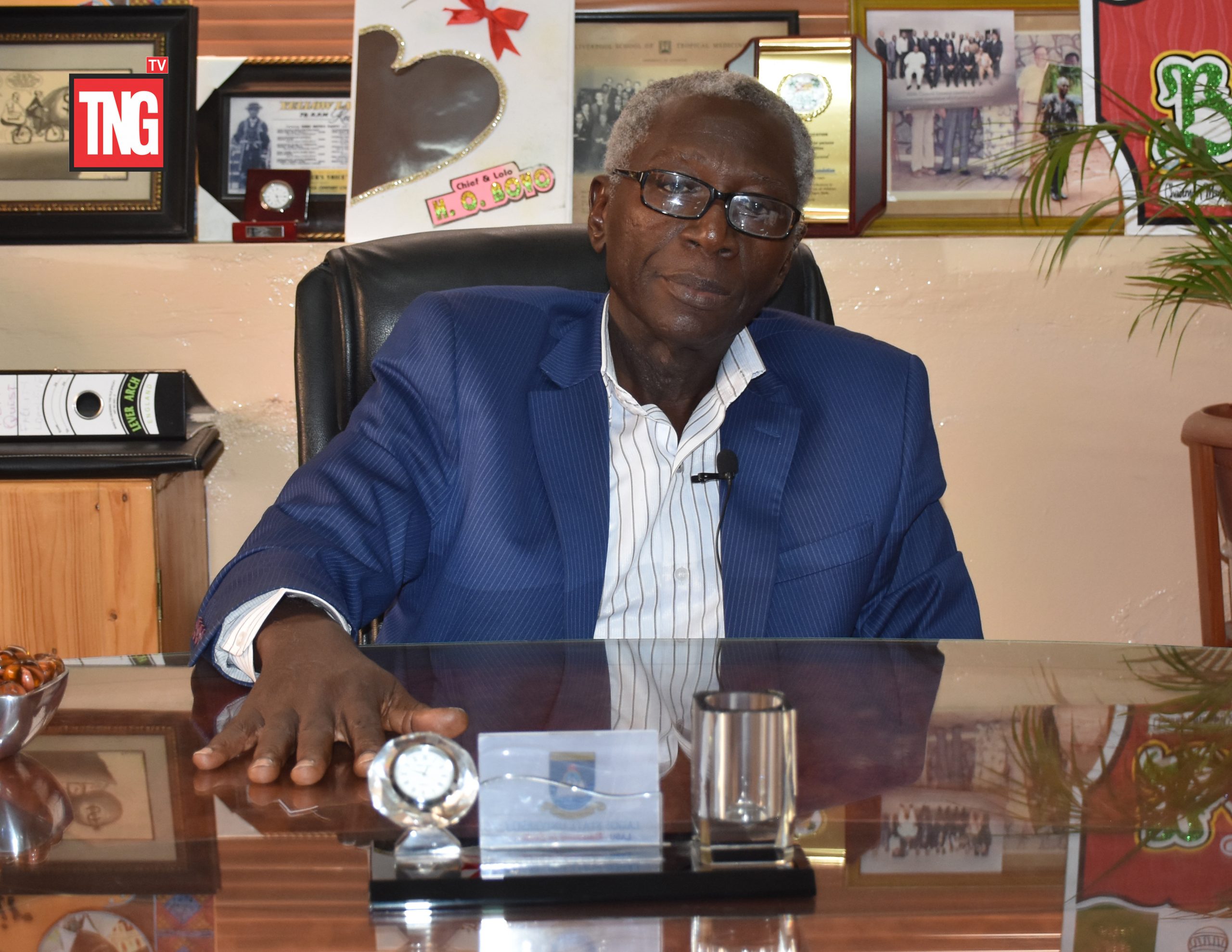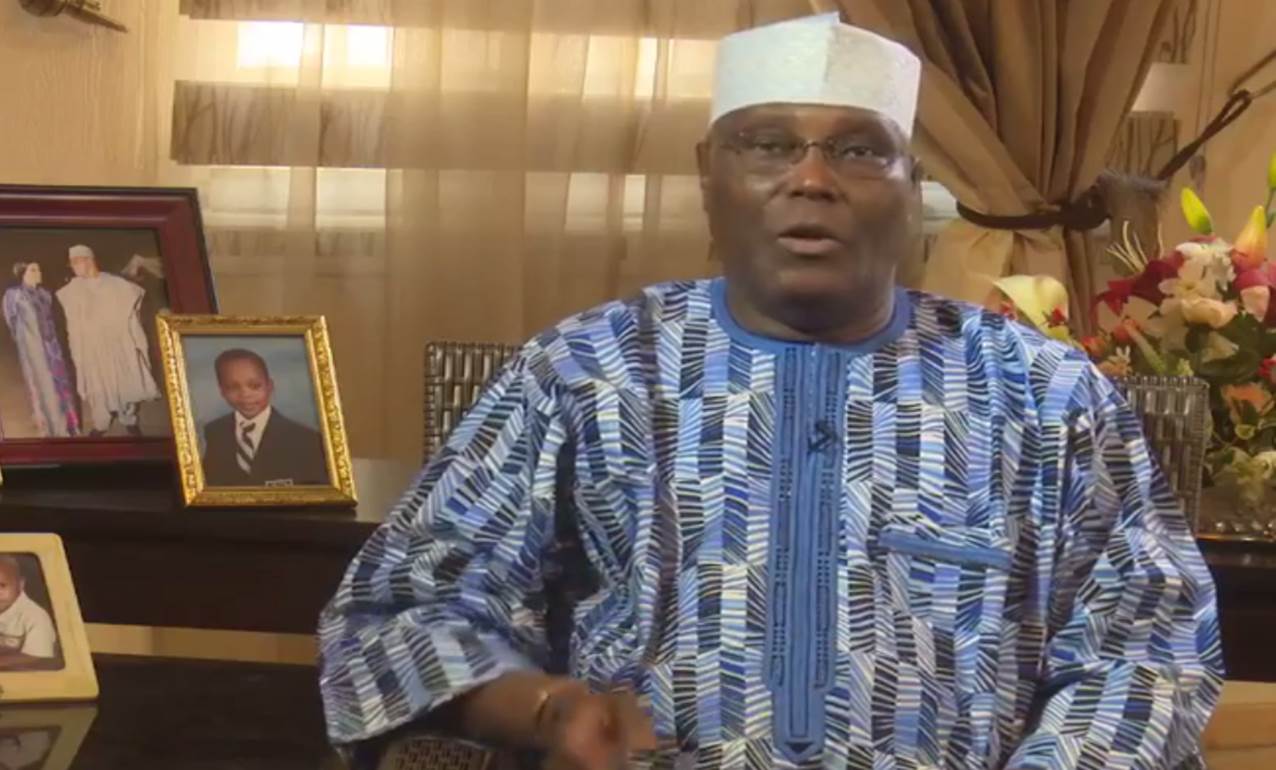Nigerians are obviously outraged by allegations of a deliberate arrangement by marketers to foster fuel scarcity, during major public holidays, especially the year end festivities. Indeed, low and stable pricing and the elimination of scarcity were campaign platforms of the current administration. Inexplicably however, fuel price has not only almost doubled from N87 to N145/litre, but worse still, scarcity often remains untamed while government appears impervious to the related significant loss in productivity and the social pain induced by serious supply shortages.
Ironically, petrol marketers are the usual ‘fall guys’ for screening off the culpability of government agencies, related to this business. Unfortunately, marketers are often painted as saboteurs of government plans to ensure readily available and competitively priced fuel nationwide.
The rampant subsidy scam through which marketers, allegedly looted trillions of Naira from the treasury, clearly bruised the image of private operators in the subsector. Sadly, despite the disturbing antisocial and economic consequences of this widely reported fraud, the investigation and successful prosecution of suspects has not been impressive.
Arguably, the scam may not have thrived, so brazenly, without insider co-operation across diverse Ministries and Agencies, including Finance and CBN; surprisingly, however, no public servant has been investigated, and successfully prosecuted for their role in the subsidy rip off!
Nonetheless, it is not unlikely that a new version of subsidy fraud may now be in play mode. Invariably, so long as a petrol subsidy program exists, opportunities for treasury lootings will abound with public servants ready and willing to facilitate such nefarious ‘trade’.
Instructively therefore, ‘subsidy fraud’ will only be completely eliminated when government ceases to regulate fuel price. However, since petrol price significantly dictates cost of transportation and ultimately food prices, a relatively low and stable petrol price has become a pivotal political issue, even when such lower prices are out of tune with real time market dynamics.
Curiously, there is no official report on net subsidy payments for 2016 or indeed for 2017! It is undeniable however, that the subsidy component on N145/litre petrol will rise, if crude oil price increases above $45/barrel while the naira exchange rate still remains so weak.
Happily, crude price has steadied around $50/barrel recently, and this should ordinarily be welcome news, as it would supplement ‘government’s dollar reserves; Conversely however, higher crude prices will also unexpectedly instigate higher petrol price, if the Naira exchange rate stagnates or further depreciates.
It is inexplicable, nonetheless, that Naira exchange responds very stiffly whenever higher crude prices substantially increase CBN’s foreign reserves.
Conversely, when crude prices fall, petrol cost will also fall, and this should be welcome news to motorists; unfortunately however, lower crude price, also means dwindling dollar reserves, which could lead to a weaker Naira rate; instructively, a weaker naira will also invariably compel higher domestic petrol price. Regrettably, therefore, it seems that neither a rise nor a fall in price and output of crude oil, is ultimately good for us; in other words, heads we lose, tails we lose in the business of fuel pricing!
This price dilemma has confronted governments since the devastating Naira devaluation during the Structural Adjustment programme in the 1980s. The cumulative product of this dilemma is deepening poverty, even when crude prices spiraled, and engendered extremely buoyant reserves above $60bn.
Nigerians should, similarly wonder why the Naira rate has remained relatively static around N305=$1, despite production output increasing to about 2 million barrels daily with crude prices also fortuitously, recently, well above $50/barrel.
Meanwhile, marketers have reportedly stopped fuel importation because of over $2bn debt, government allegedly owes them from earlier imports; besides, petrol marketers Associations have also observed lately, that the present regulated price of N145/litre, ultimately already leaves them with a negative income.
Consequently, NNPC has become compelled to supply almost 100% of petrol distributed. Thus, if petrol is sold, for example for N145 with subsidy, instead of N165/litre real market price, this would translate to a subsidy of N20/litre on the estimated 30-40 million litres consumed daily, i.e. well over N600m of public money down the drain every day!
Indeed, the NNPC has never publicly declared such losses, sustained in its fuel importation and distribution business. Arguably, nonetheless, the financial and logistics burden of supplying 100% of Nigeria’s fuel imports, has probably overwhelmed the capacity of Nigeria’s oil Corporation.
Although, some critics may argue that NNPC should not be short of cash (forex) since the Corporation sells its daily allocation of 450,000 barrels to fund its imports. Indeed, the NNPC may not be broke, but it would ultimately become bankrupt with a business plan that sustains a N600m daily loss.
Inadvertently, the National Assembly and the Federal Executive have also failed to summon the courage to seriously interrogate NNPCs true financial status; although, the present fuel scarcity has been attributed to different factors; notably however, amongst these factors, must be NNPC’s dwindling capacity to sustain 100% importation of petrol with a N600m daily loss.
The Vice President’s recent suggestion that cyclical fuel shortages around year end are instigated, by higher energy demand in the colder northern hemisphere in December, may not really hold water. Indeed any efficient and responsible organization would be expected to recognize cyclical market factors in its planning and operations. Osinbajo’s statement may have become an inadvertent indictment of NNPC’s management.
Conversely, the oil Corporation’s indictment of marketers for hoarding and black marketeering must also be seen as a deflection of its culpability in this matter of scarcity. Ordinarily, petrol marketers are in the business of selling fuel to make money; since the business operates on very low margins, fuel scarcity is VERY bad business for marketers, as it requires quick turnover of significant volumes to make a modest profit.
The clandestine and risky enterprise of petrol hoarding may not be attractive to majority of marketers; so the real dilemma is that NNPC cannot successfully do it alone, but major marketers are conversely unwilling to engage in importation, unless the cap on pump price is lifted to allow a more competitive market space that guarantees a fair return rather than a loss on investment.
Ultimately, price deregulation would be a dangerous gamble for any government in power, as petrol prices would invariably rise, when prices are strictly defined by market factors; for example, any increase in crude oil price will, also inflate pump price, while a further slide in Naira rate (a very likely possibility) will also propel higher fuel prices. Ironically, in the above context, it may be counterproductive to pray for higher crude prices (despite the collateral of increasing reserves) because of the fear of the consequences of higher petrol prices.
SAVE THE NAIRA! SAVE NIGERIANS!!


